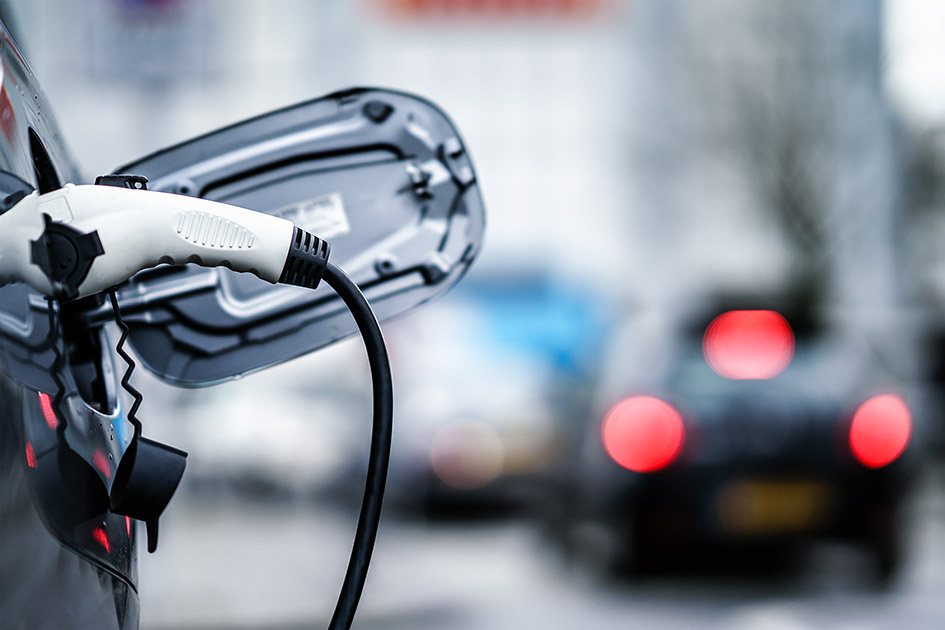Mobility
Alternative Fuelsand Electric Mobility
Phasing-out conventionall fuelled vehicles is not just a prerequisite for a decarbonised transport sector but also for ensuring energy security and air quality in our cities. Micro-mobility and the light-duty vehicle fleet electric technologies are relatively mature and a large-scale roll-out is viable.
Efficient, long-distance passenger transport solutions such as a high-speed rail are readily available, whereas solutions for heavy-duty freight such as hydrogen powered trucks are still in the developmental phase.
Concepts developed at the Wuppertal Institute compare different technologies and alternative fuels to lay out potential pathways for technology adoptions in the wider context of the systemic transition in this sector.

The different future options are assessed with regard to technical potentials, costs, economic viability, current and future market prospects, competing opportunities of use both in the mobile and stationary sector as well as climate compatibility and resource consumption. An important focus for the Wuppertal Institute is the ecological assessment of electromobility, its implementation in a sustainable transport concept, ands its integration into the overall context of the energy system. Only through an integrated approach to system analysis like this interdependencies and dynamic effects can fully be identified and assessed.
Contact
Prof. Dr.-Ing. Manfred Fischedick
Tel.: +49 202 2492-121
Prof. Dr. Oliver Lah
Tel.: +49 202 2492-454
Publi-cations
You find all scientific publications on our publication server:
Projects
Here you find research activities in the field of alternative transport fuels.
